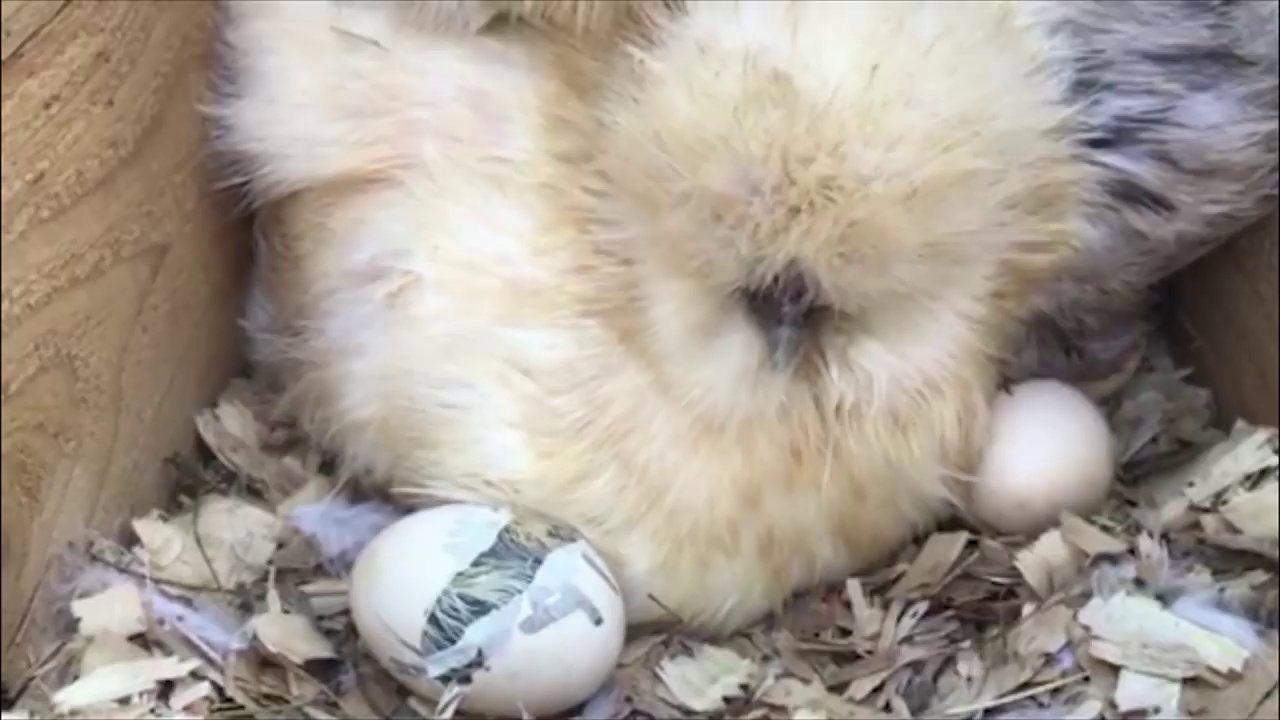Welcome to the fascinating world of Silkies chickens and their eggs! These enchanting creatures have captured the hearts of poultry enthusiasts worldwide with their unique characteristics and endearing personalities.
In this comprehensive guide, we’ll delve into the intricacies of Silkies, exploring everything from their distinct features to the joys of caring for them and the delightful eggs they produce.
Understanding Silkies Chickens
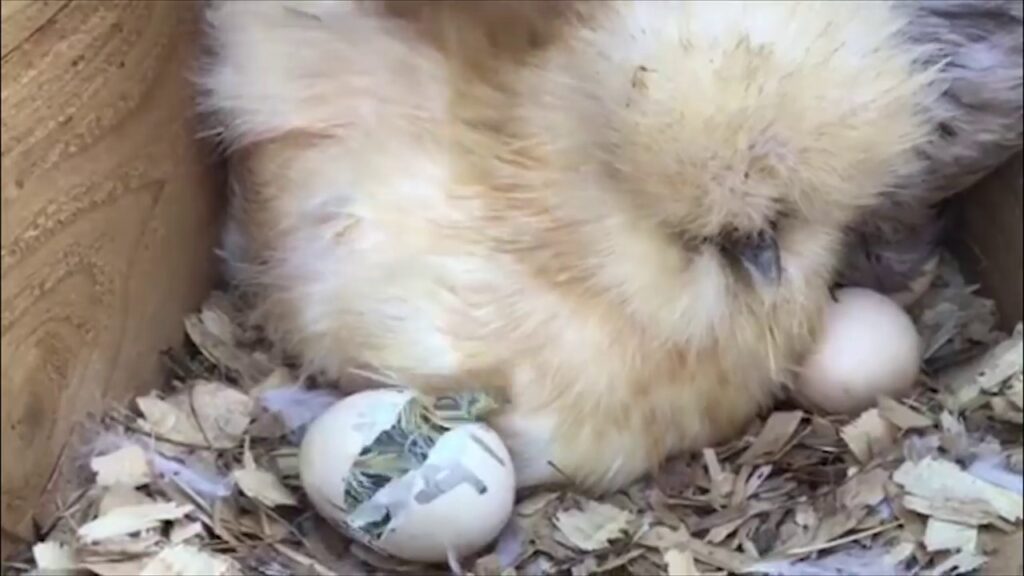
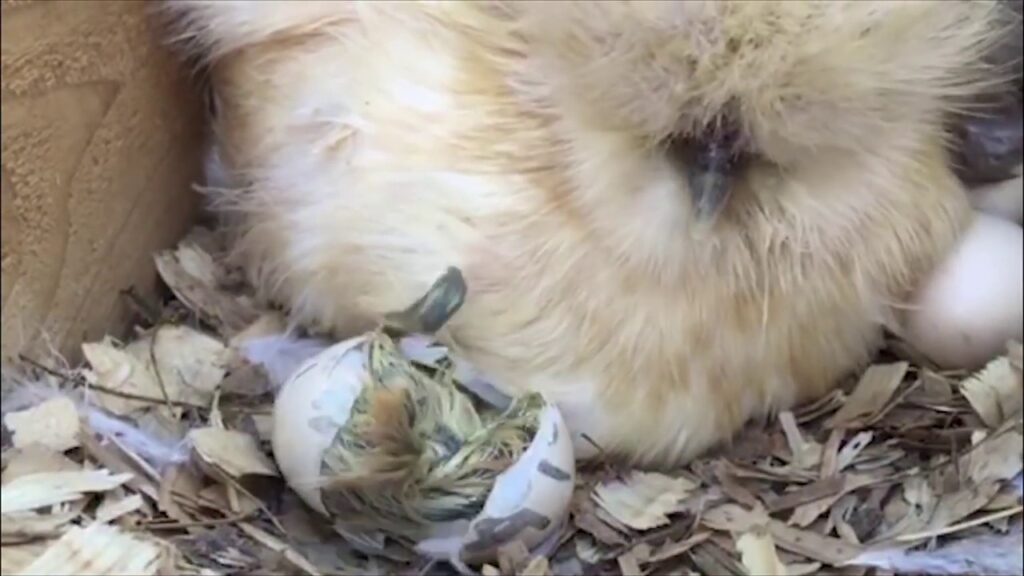
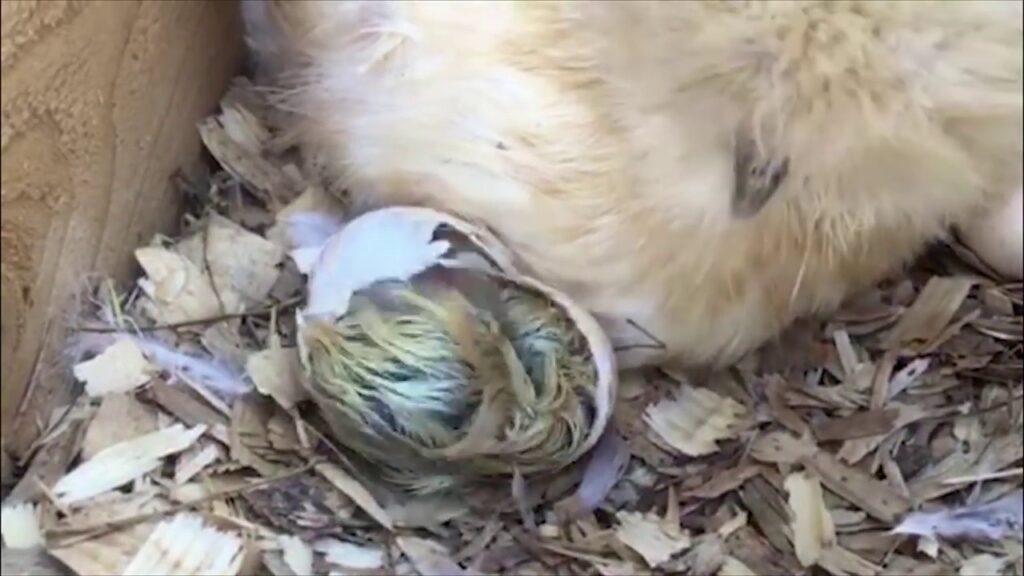
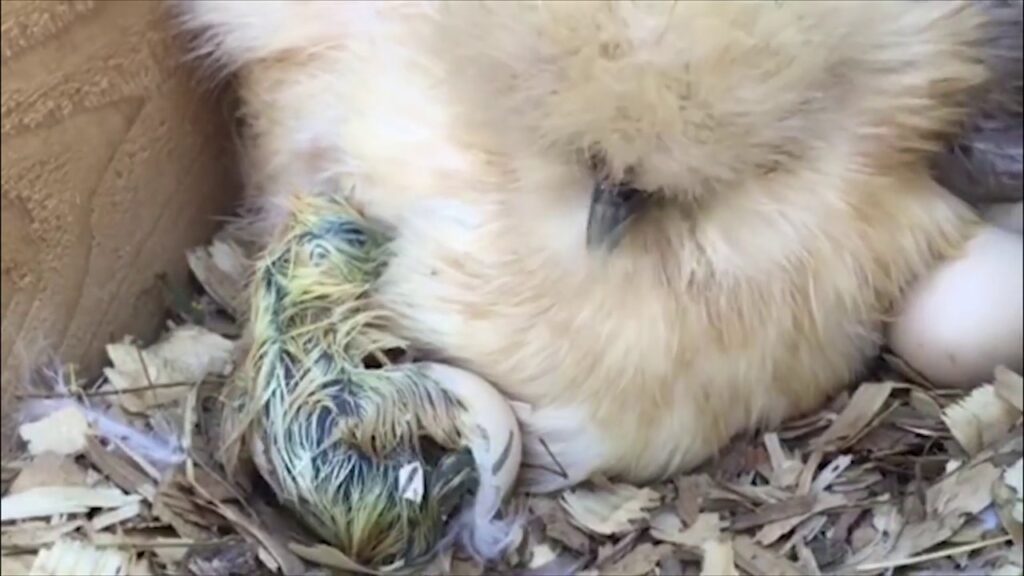
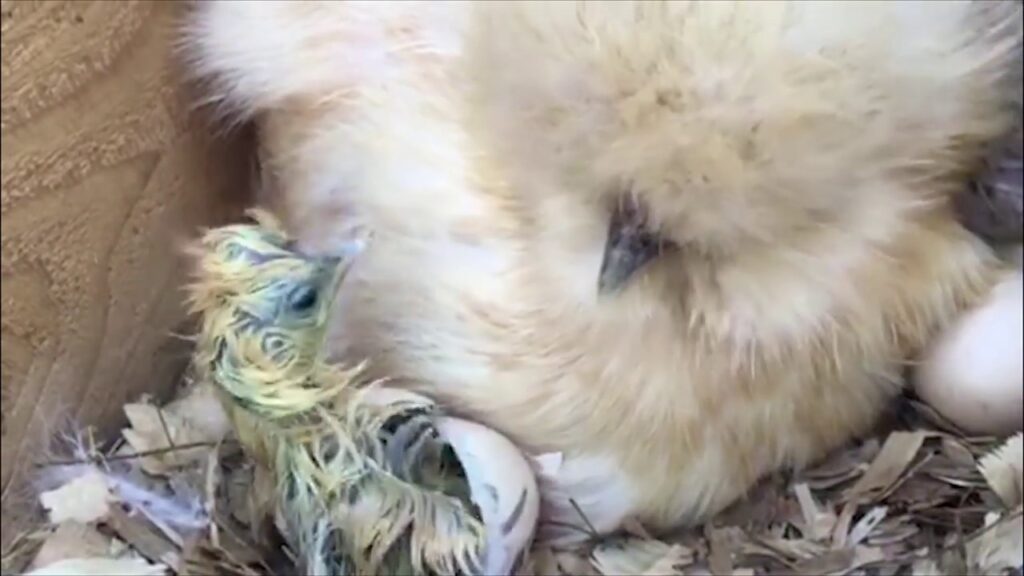

Silkies chickens, often referred to as the “teddy bears of the poultry world,” boast a distinctive appearance that sets them apart from other breeds.
With their fluffy plumage, feathered feet, and a remarkable crest of feathers atop their heads, Silkies are a sight to behold. Their soft, silk-like feathers contribute to their name, making them a favorite among backyard poultry keepers.
- The Unique Appeal of Silkies:
Silkies chickens have a charm that’s hard to resist. Their gentle demeanor and friendly nature make them an ideal choice for those seeking feathered companions with personality. Whether you’re a seasoned poultry keeper or a novice, Silkies can easily find their way into your heart. - A Splash of Colors:
One of the remarkable features of Silkies is their diverse color palette. From striking blacks and whites to soothing blues and buffs, these chickens come in a variety of hues. This makes them not only delightful to be around but also a visually stunning addition to any flock. - Silkies in the Spotlight:
Silkies have become a popular breed in poultry shows, often winning hearts and awards for their distinct appearance. Their unique characteristics make them stand out, creating a buzz in the competitive world of poultry exhibitions.
Nurturing Your Silkies
- Housing and Space Requirements:
Providing a comfortable and secure environment for your Silkies is crucial for their well-being. Ensure that your coop has adequate ventilation and protection from extreme weather conditions. Additionally, allocate sufficient space to allow these sociable chickens to roam freely. - Nutritional Needs:
As a seasoned poultry keeper, it’s imperative to understand the specific dietary requirements of Silkies. A well-balanced diet that includes high-quality poultry feed, grains, and fresh vegetables will contribute to their overall health and productivity. - Health and Wellness:
Regular health check-ups are essential to ensure your Silkies remain in top condition. Keep an eye out for common issues such as mites, respiratory infections, and egg-related complications. Swift intervention and a proactive approach to health care will keep your Silkies thriving.
The Enchantment of Silkies Eggs
- Understanding Silkies Eggs:
Silkies are not only cherished for their charming demeanor but also for the eggs they produce. These eggs, though smaller in size compared to some other breeds, are known for their rich flavor and distinct characteristics. - Egg Color Variations:
Silkies eggs come in a range of colors, adding an exciting element to your egg collection. From light beige to shades of brown, each egg is a small but delightful surprise, making your daily egg-gathering routine a joy. - Cooking with Silkies Eggs:
The culinary world welcomes Silkies eggs for their unique flavor profile. Their rich, creamy texture makes them ideal for baking, and their distinct taste adds a special touch to omelets and other savory dishes. Embrace the culinary adventure that Silkies eggs bring to your kitchen.
How Many Eggs Can a Silkie Lay On?
As a seasoned poultry enthusiast, the question of how many eggs a Silkie can lay is a common query among those charmed by these delightful birds.
Silkies, with their unique appearance and friendly disposition, are known for more than just their captivating presence. In this brief exploration, we’ll uncover the mysteries behind Silkie egg-laying habits, providing valuable insights for both novice and experienced poultry keepers.
Silkies, unlike some high-production laying breeds, are not prolific egg layers. Their primary focus seems to be on quality rather than quantity. On average, a Silkie hen lays around three eggs per week, which is a modest but meaningful contribution to your egg basket.
Factors Influencing Silkie Egg Production
- Genetics:
The genetics of Silkies play a significant role in their egg-laying capabilities. Different bloodlines may exhibit variations in egg production, with some Silkies leaning towards the higher end of the spectrum. - Age of the Hen:
Young Silkies may not lay as many eggs as mature hens. Typically, as Silkies reach maturity, their egg-laying frequency tends to stabilize. However, individual variations can occur. - Environmental Conditions:
The environment in which Silkies are raised also impacts their egg-laying behavior. Stressors such as extreme temperatures, overcrowding, or disturbances in the coop can influence egg production.
Managing Silkie Egg Production
- Balanced Nutrition:
Ensuring that your Silkies receive a well-balanced diet is crucial for maintaining optimal egg production. High-quality poultry feed supplemented with vitamins and minerals contributes to the overall health of your Silkies and supports consistent egg laying. - Comfortable Living Conditions:
Creating a stress-free environment is essential for encouraging Silkie hens to lay eggs regularly. Providing a clean and comfortable coop, free from disturbances, will contribute to a more relaxed and productive flock. - Patience and Observation:
Understanding your Silkies’ individual personalities and observing their behaviors can provide valuable insights into their egg-laying patterns. Patience is key, as each Silkie may have its unique timeline and frequency for egg production.
In conclusion, while Silkies may not be the most prolific egg layers, their charming characteristics and the quality of their eggs make them a valuable addition to any flock. By providing the right environment, nutrition, and care, you can maximize the egg-laying potential of your Silkies.
Remember, it’s not just about the quantity but the distinctive qualities that make Silkie eggs truly special in the world of backyard poultry keeping. Happy egg hunting!
Silkies chickens and their eggs offer a delightful journey for poultry enthusiasts. From their captivating appearance to the joy of nurturing them and savoring their unique eggs, Silkies bring a special charm to any backyard flock.
As you embark on your Silkies adventure, remember to embrace the joys of caring for these remarkable creatures and relish the delicious rewards they bring to your table. Happy Silkies keeping!
Can Silkies Lay Blue Eggs?
The quest for unique egg colors often leads to intriguing questions about Silkies and their egg-laying capabilities. Among the many wonders of these charming birds, the inquiry into whether Silkies can lay blue eggs sparks curiosity. Let’s unravel the truth behind this delightful mystery.
Contrary to popular belief, Silkies do not lay blue eggs. The eggshell color is largely determined by the breed, and Silkies typically lay eggs with a tint ranging from light beige to shades of brown. While Silkies are celebrated for their distinct appearance and friendly demeanor, their eggshell color doesn’t include the coveted blue hue.
Understanding the genetic makeup of a chicken breed is crucial when anticipating egg colors. Blue eggs are often associated with breeds like the Araucana or Ameraucana, which carry a specific gene responsible for the blue pigment in the eggshells.
In conclusion, while Silkies may not contribute to the blue egg phenomenon, their eggs still bring joy to poultry keepers with their unique charm and delicious flavor. Remember, the quest for colorful eggs might lead you to explore other breeds, but the endearing qualities of Silkies make them a cherished addition to any flock. Happy egg collecting!
Author Profile

- a passionate poultry enthusiast with a deep love for chickens, has cultivated his affinity for avian companions since a young age.
Latest entries
 ChickensSeptember 14, 2023The Mystique Unveiled: A Guide to Ayam Cemani Chicken Egg
ChickensSeptember 14, 2023The Mystique Unveiled: A Guide to Ayam Cemani Chicken Egg ChickensSeptember 11, 2023Understanding the Characteristics and Care of Guinea Fowl Eggs
ChickensSeptember 11, 2023Understanding the Characteristics and Care of Guinea Fowl Eggs ChickensSeptember 3, 2023Fortify and Secure: A Guide to Fence in Chickens for Safe Flocks
ChickensSeptember 3, 2023Fortify and Secure: A Guide to Fence in Chickens for Safe Flocks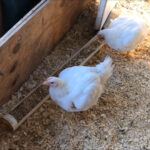 ChickensSeptember 1, 2023Discovering The Cornish Cross Chicken’s Secrets
ChickensSeptember 1, 2023Discovering The Cornish Cross Chicken’s Secrets
